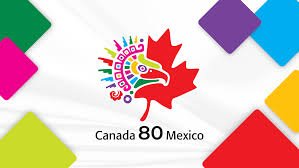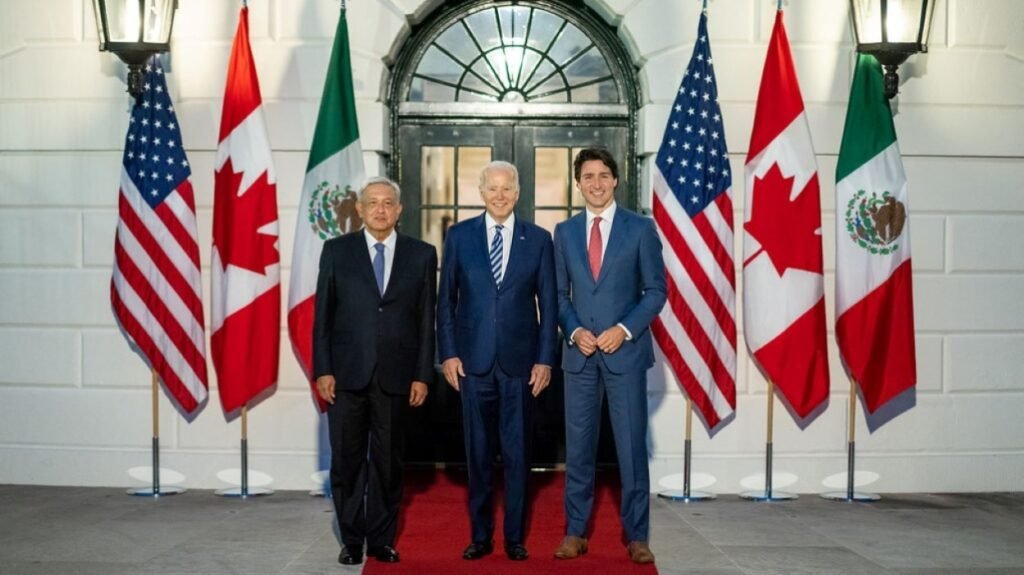Mexico and Canada, despite being geographically distant, share a multifaceted relationship that encompasses economic, political, cultural, and security dimensions. This relationship holds strategic importance for both countries, as they seek to leverage mutual interests for economic growth, regional stability, and global influence. Understanding the historical context, current dynamics, and prospects of Mexico-Canada relations is crucial for comprehending their evolving partnership.
Historical Background Mexico and Canada have a long history of interaction, dating back to early exploration and trade routes established by European colonizers. However, formal diplomatic relations between the two countries began in the late 19th century and gradually evolved. Key historical events, such as the negotiation of bilateral agreements and treaties, have shaped the trajectory of the relationship. Despite historical differences and occasional tensions, both nations have strived to maintain cordial diplomatic ties.
Economic Ties The economic relationship between Mexico and Canada has witnessed significant growth, particularly following the implementation of the North American Free Trade Agreement (NAFTA) in 1994, which was later replaced by the United States-Mexico-Canada Agreement (USMCA). Trade between Mexico and Canada has flourished, with both countries benefiting from increased market access and investment opportunities. Major goods traded include automotive products, machinery, agricultural goods, and energy resources. However, challenges such as trade disputes, tariff barriers, and economic disparities persist, requiring ongoing cooperation and negotiation.

Political Relations Mexico and Canada maintain robust political relations characterized by diplomatic exchanges, bilateral agreements, and cooperation on regional and global issues. High-level visits between government officials, as well as diplomatic missions in each other’s countries, facilitate dialogue and collaboration. Both nations share common interests in areas such as climate change mitigation, peacekeeping efforts, and promoting democratic values. However, differences may arise over issues such as immigration policies and border security, requiring diplomatic engagement and negotiation to find common ground.
Cultural Exchanges Cultural diplomacy plays a vital role in Mexico-Canada relations, fostering mutual understanding and appreciation between the two nations. Educational exchanges, such as student mobility programs and academic collaborations, promote cross-cultural learning and research collaboration. Cultural events and festivals showcase the diversity and richness of both Mexican and Canadian heritage, strengthening people-to-people ties and fostering cultural awareness.
Security Cooperation Security cooperation between Mexico and Canada encompasses efforts to combat transnational crime, enhance border security, and promote regional stability. Both countries share a commitment to countering common threats such as drug trafficking, human smuggling, and terrorism. Cooperation extends to defense collaboration, including joint military exercises and intelligence sharing. Strengthening security ties contributes to maintaining a safe and secure environment for citizens of both nations.
Environmental Collaboration Mexico and Canada face shared environmental challenges, including climate change, pollution, and habitat destruction. Bilateral initiatives aimed at addressing these challenges involve cooperation on renewable energy development, conservation efforts, and participation in international environmental agreements. Collaborative research projects and technology exchanges facilitate knowledge sharing and innovation in environmental management practices.

Human Rights and Social Issues Both Mexico and Canada are committed to upholding human rights and promoting social justice within their borders and internationally. Collaboration on indigenous rights issues, social justice initiatives, and civil society engagement strengthens the foundation of their bilateral relationship. Despite challenges and ongoing human rights concerns in both countries, dialogue and cooperation contribute to advancing common values and promoting respect for human dignity.
Challenges and Opportunities While Mexico and Canada share many areas of cooperation, challenges exist that require careful navigation. Trade disputes, differences in immigration policies, and economic disparities may strain bilateral relations. However, these challenges also present opportunities for dialogue, negotiation, and collaboration to find mutually beneficial solutions. Addressing shared concerns and leveraging complementary strengths can foster deeper integration and cooperation in key sectors.
Future Prospects The future of Mexico-Canada relations holds significant promise, as both countries continue to seek opportunities for collaboration and mutual benefit. Strategies for enhancing bilateral cooperation may involve diversifying trade relations, expanding investment opportunities, and strengthening diplomatic ties. Additionally, addressing emerging challenges such as climate change, cybersecurity, and pandemics will require joint efforts and innovative solutions. As international dynamics evolve, Mexico and Canada have the potential to play influential roles in shaping regional and global affairs.
Mexico and Canada share a multifaceted relationship encompassing economic, political, cultural, and security dimensions. Despite the geographical distance and occasional differences, both countries have forged strong ties based on mutual respect, cooperation, and shared values. By addressing challenges, seizing opportunities, and embracing shared goals, Mexico and Canada can continue to deepen their partnership and contribute to regional stability, economic prosperity, and global progress.
